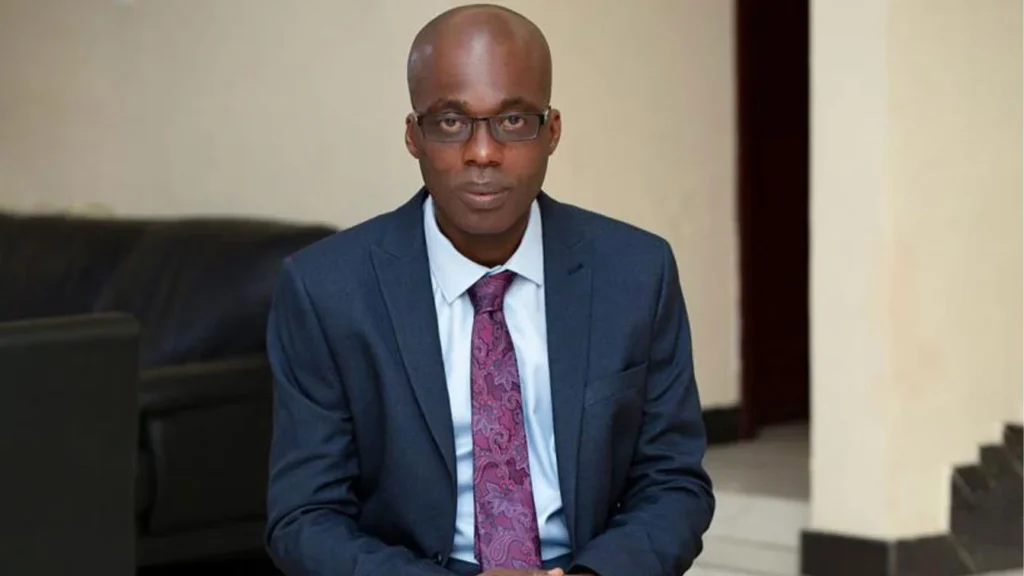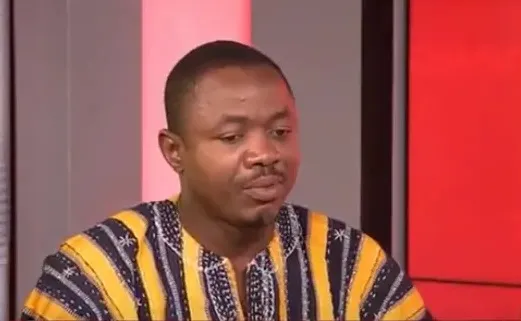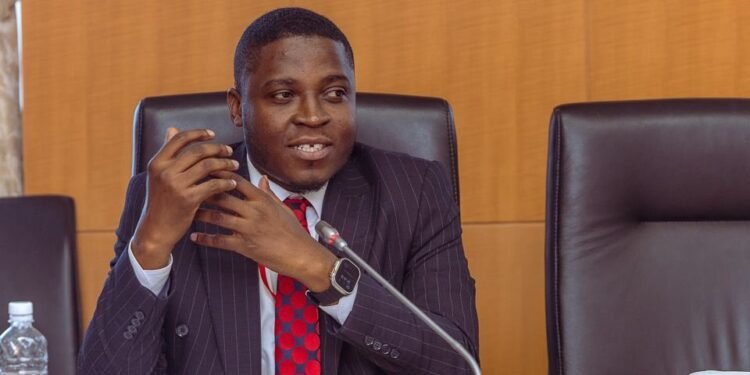In Ghana’s rapidly evolving health policy landscape, the debate over the proposed Ghana Medical Trust Fund—commonly referred to as the MahamaCares Bill—has reached a critical point.
Amid competing concerns about fiscal sustainability and service delivery, key stakeholders are rallying around the bill’s core mission: to deliver life-saving interventions to vulnerable Ghanaians facing chronic conditions such as kidney failure and cancer.
Among the leading voices in support of the bill is Dr. Kwame Sarpong Asiedu, Health Fellow at CDD-Ghana, who publicly declared his strong backing for the proposed fund.
According to Dr. Asiedu, the Ghana Medical Trust Fund addresses longstanding challenges in how emergency health services are financed and delivered in the country.
While he acknowledged some concerns about specific elements of the bill’s funding model, he insisted the core initiative should not be delayed on the grounds of fiscal perfection.
“I would rather we run with that money, save lives, than say we’re going to hold an argument as to what is adequate, and see people pass away because they couldn’t afford dialysis. I am applying that same approach and saying, I have issues with aspects of the funding model of the bill; that is the only part I have issues with. The bill, as it stands, I support 100%.”
Dr. Kwame Sarpong Asiedu

Dr. Asiedu’s support is informed by his civil society experience and past involvement in health-focused dialogues.
Reflecting on earlier government efforts to resolve access to dialysis treatments, he praised the decision to allocate funds even when the model wasn’t entirely flawless.
For him, the lesson is simple but powerful: policy responses should not be paralyzed by technical debates when lives are at risk.
MahamaCares Bill’s Urgency Framed As Moral Imperative
Adding further weight to the call for action is Hon. Titus Kofi Beyuo, Board Chairman of Korle-Bu Teaching Hospital and Member of Parliament for Lambussie. He emphasized that the urgency of the Ghana Medical Trust Fund Bill is non-negotiable.
According to him, the discussion is not merely political—it is a matter of life and death for citizens in dire need of medical attention.
Hon. Beyuo defended Parliament’s decision to prioritize the bill through an urgency clause, stating that the circumstances justify an accelerated process.
For him, delaying assistance to Ghanaians battling severe health challenges—such as end-stage renal failure or late-stage cancers—is tantamount to abandoning them when they are most vulnerable.

He made it clear that when people cannot afford life-saving treatment, waiting for bureaucratic processes to conclude is simply not an option.
Quoting a poignant statement made by former President Nana Akufo-Addo during the COVID-19 pandemic—“They can revive the economy, but they cannot bring back lives”—Beyuo underscored the gravity of the moment.
In his view, that sentiment captures the ethical obligation facing lawmakers: the human cost of delay is too high.
“There’s no better way to emphasize the urgency of this. For those people suffering today, they wish this had been passed [the bill] yesterday. For someone who is on social media appealing for fun today, for a constituent who is looking for money today, they wish this had been passed a month ago. So there’s no time to waste.”
Hon. Titus Kofi Beyuo
He further explained that constituents across Ghana are already appealing for help via social media, community platforms, and family networks. Many are desperately searching for funding to cover urgent treatments.
To these citizens, the mere fact that the bill is still under discussion feels like a betrayal of public trust. According to him, the question is not whether the bill is perfect, but whether it offers immediate relief—and in that regard, the answer is unequivocal.
Balancing Reform And Action
While some critiques have emerged around the bill’s financial framework, including questions about long-term viability, both Dr. Asiedu and Hon. Beyuo argued that these concerns can be addressed in parallel with implementation.
In other words, the pursuit of technical refinement must not override the moral imperative of saving lives today.
Dr. Asiedu believes the Ghana Medical Trust Fund succeeds in aligning with priorities set out in prior health sector discussions and communiqués.
It represents a response to the collective call for a comprehensive, patient-focused intervention that reaches those excluded by current healthcare structures.

Although he flagged some shortcomings in the funding mechanism, he cautioned against delaying rollout until every issue is resolved.
Instead, he advocates for a phased approach in which services are deployed immediately while structural adjustments are made over time. He argues that failing to act now risks allowing preventable deaths to mount—a scenario he sees as both avoidable and unacceptable.
Both Asiedu and Beyuo also view the bill as a potential turning point for Ghana’s health policy. If passed, it could set a precedent for proactive and responsive governance in the sector, where social impact takes precedence over political debate.
The fund’s success, they believe, would mark a meaningful shift toward a more equitable health system that prioritizes citizens’ well-being above partisan concerns.
The urgency behind this initiative is not just procedural—it is a moral reckoning. For those already enduring long waits for dialysis or life-prolonging treatment, policy timelines mean the difference between hope and despair.
The question now is whether Ghana’s political leadership will rise to meet this defining moment.
READ ALSO: GSE Investors Rattled as IIL Bleeds and Turnover Plummets 96%



















